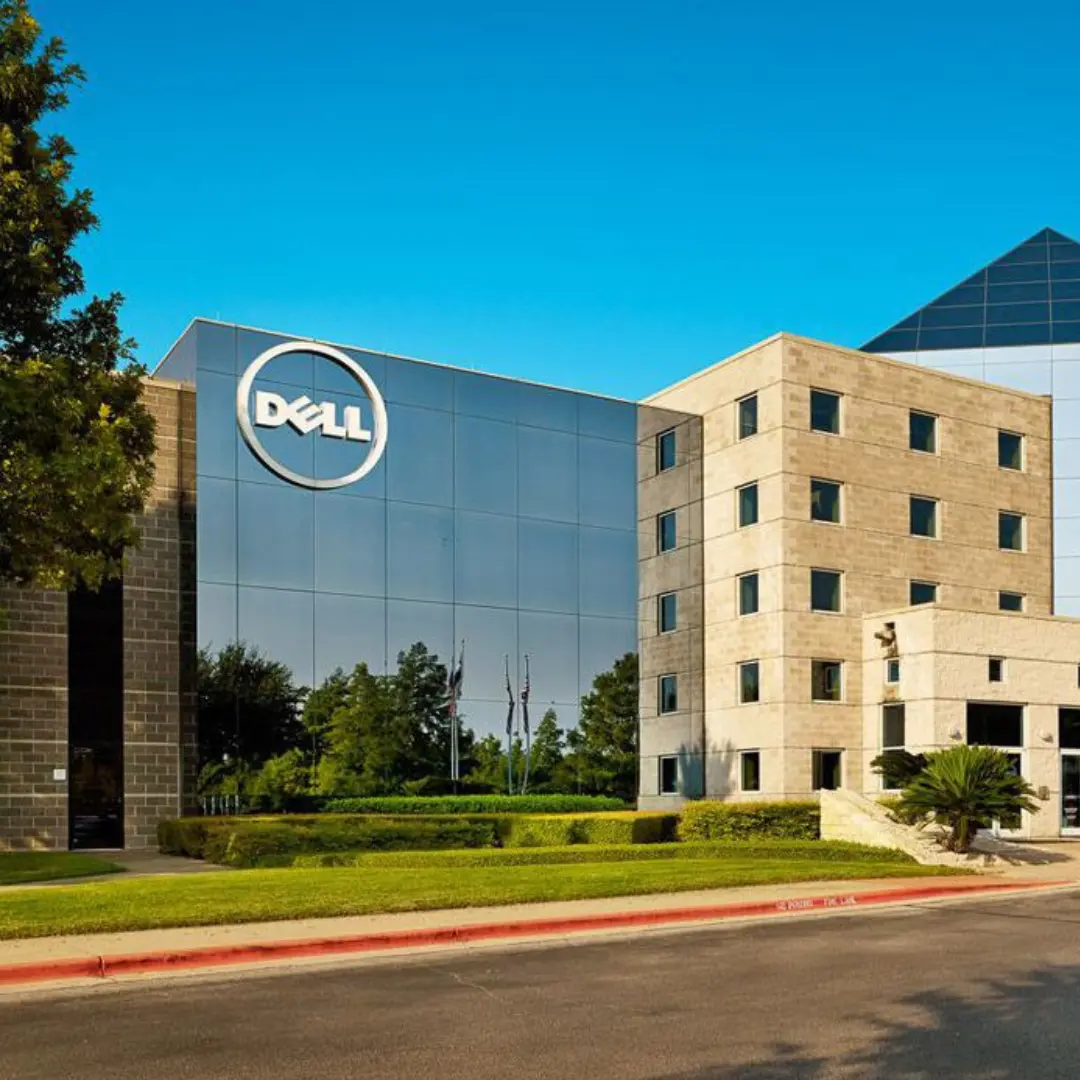Dell’s experience with employee opposition to returning to office work reflects broader trends and challenges in workplace policy amid the evolving landscape of remote and hybrid work models.
The pushback from approximately 50% of Dell’s U.S. employees against the directive to return to office work underscores a fundamental shift in employee preferences and expectations. Since the onset of the COVID-19 pandemic, many employees have grown accustomed to the flexibility and convenience offered by remote work. This shift has reshaped workplace dynamics, prompting discussions about the future of work and organizational policies.
For Dell, like many other companies, navigating this transition back to office-based work poses significant challenges. On one hand, there are operational considerations such as maintaining productivity, collaboration, and organizational culture that can be more effectively fostered in an office environment. On the other hand, employee preferences for remote work are driven by factors such as work-life balance, commute reduction, and flexibility, which have become increasingly valued.
The resistance from Dell’s employees highlights the importance of effectively managing workplace policies that cater to diverse employee needs and preferences. This includes balancing the benefits of in-person collaboration and engagement with the flexibility and autonomy that remote work offers.
Moreover, the situation at Dell underscores the complexities involved in implementing and communicating workplace policy changes. Companies must consider not only operational efficiency and employee productivity but also morale, job satisfaction, and retention. Employee opposition to returning to the office can impact organizational culture and employee morale if not addressed thoughtfully.
To address these challenges, Dell and similar companies may need to adopt a hybrid work model that combines remote and office-based work. Such models allow for flexibility while ensuring that critical aspects of collaboration and organizational culture are maintained. Clear communication, robust policies, and flexible work arrangements can help mitigate employee concerns and ensure a smooth transition.
Furthermore, Dell’s experience reflects broader societal shifts towards remote and hybrid work arrangements that are likely to persist beyond the pandemic. Companies across industries are reevaluating their workplace policies and infrastructure to adapt to these changing preferences and expectations, ensuring competitiveness in attracting and retaining talent.
In conclusion, Dell’s encounter with employee opposition to returning to office work underscores the importance of flexibility, communication, and adaptation in shaping effective workplace policies. By acknowledging and accommodating employee preferences for remote work while addressing operational needs, companies can navigate these challenges and foster a productive, engaged workforce in the evolving work environment.









